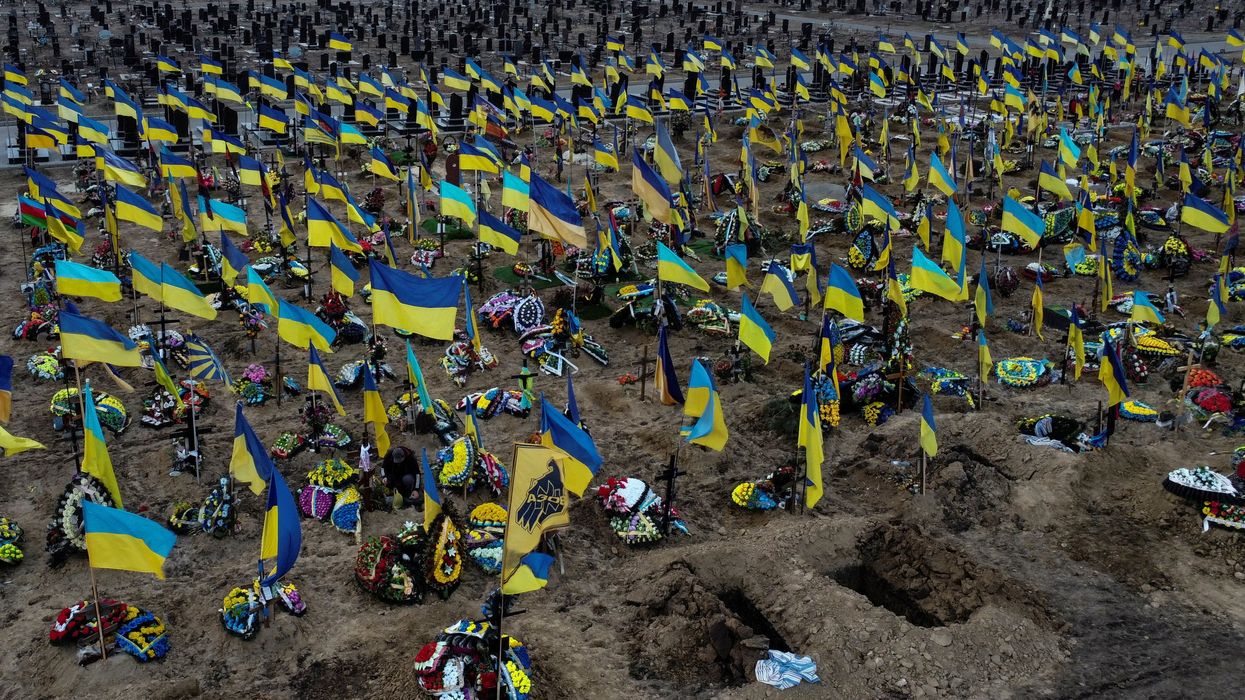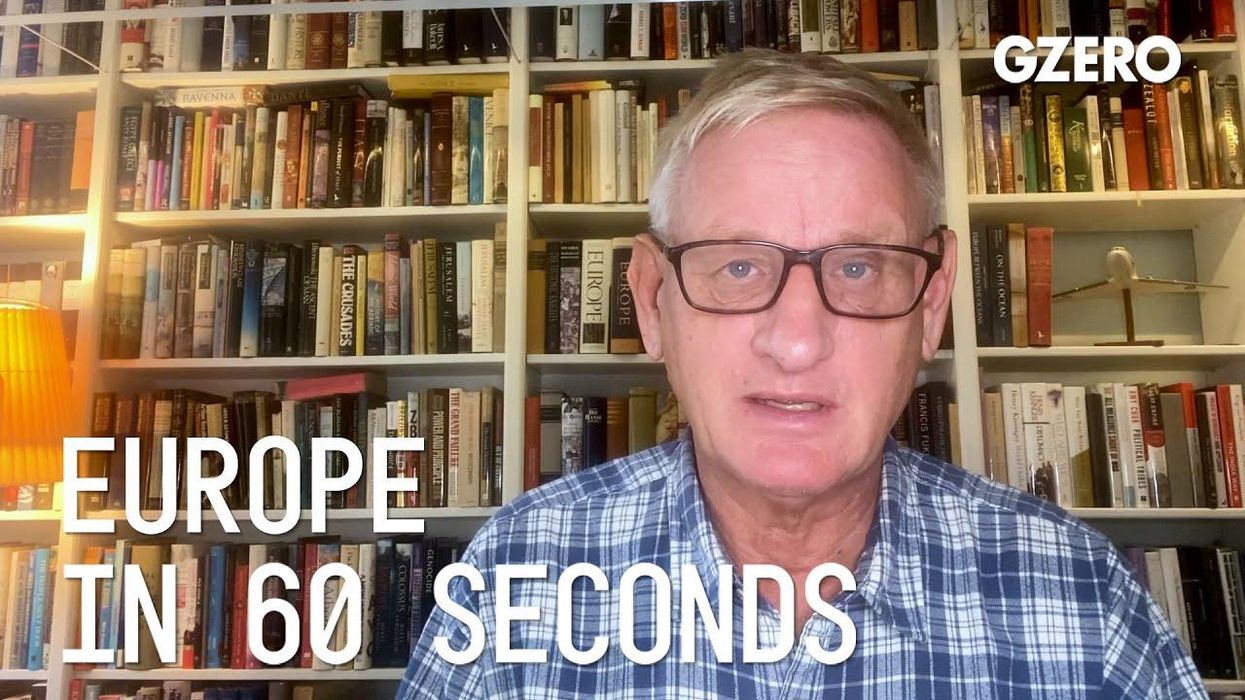Science & Tech
Ukraine’s digital lifeline: Diia
USAID's chief innovation officer Mohamed Abdel-Kader sheds light on Ukraine's groundbreaking eServices platform known as Diia. This platform, he emphasized, has significantly strengthened the connection between the government and its citizens—a vital development for Ukraine, particularly amid the ongoing brutal war with Russia.
Sep 10, 2023



